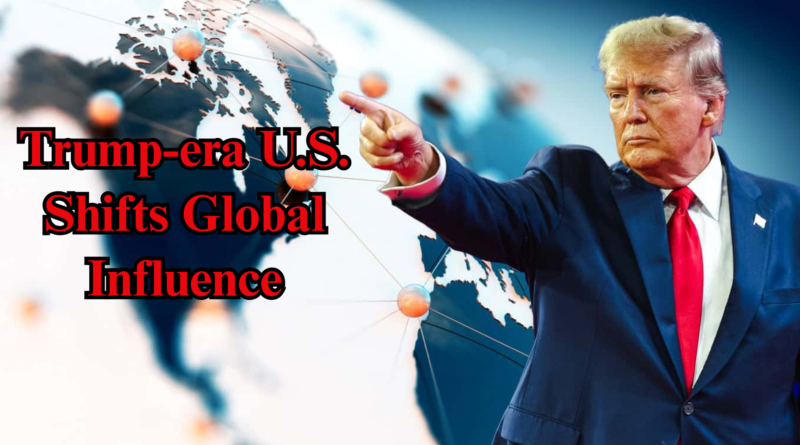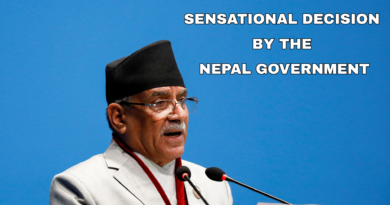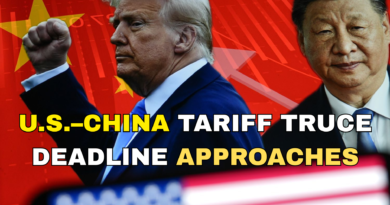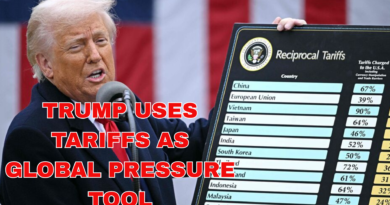Trump-Era Foreign Policy
The Trump administration’s “America First” doctrine marked a dramatic shift in U.S. foreign policy. By stepping back from multilateral organizations such as the World Health Organization (WHO) and the United Nations Human Rights Council, the U.S. signaled a clear retreat from its traditional role as a global leader in international diplomacy. Proponents of the policy argue that it aimed to prioritize domestic interests and reduce the financial burden on American taxpayers. However, this withdrawal created a power vacuum that other global powers, notably China, have been quick to fill.
China’s Strategic Advantage on the World Stage
With the U.S. scaling back its involvement, China has capitalized on the opportunity to expand its global influence. Through massive investments in infrastructure via the Belt and Road Initiative and dominance in emerging sectors like clean energy and 5G technology, Beijing is positioning itself as a viable alternative to the Western-led global order. Moreover, China’s increasing control over global media narratives and its assertive diplomacy are reshaping the geopolitical landscape, especially in Asia, Africa, and parts of Europe.
Tech and Clean Energy: The New Arenas of Influence
One of the most significant areas where China is gaining ground is in technology and renewable energy. As the U.S. government implemented protectionist trade policies and reduced support for green energy initiatives, China accelerated its investments in solar, wind, and electric vehicle technologies. Simultaneously, Chinese tech giants like Huawei and TikTok are growing their presence worldwide, often amid controversies over data privacy and national security. This contrast in policy direction is helping China project soft power more effectively than ever.
Domestic Turbulence Mirrors International Retreat
On the home front, the Trump administration’s policies also sparked major controversies. Immigration enforcement under ICE intensified, prompting legal challenges and protests over human rights concerns. Additionally, the unprecedented move to consider replacing Federal Reserve Chair Jerome Powell raised alarms over the independence of the U.S. central bank. These developments contributed to uncertainty in both domestic and global markets, leading to questions about the long-term economic strategy of the administration.
Political Division and Global Credibility
Critics argue that the combination of domestic upheaval and global withdrawal has weakened America’s credibility abroad. Allies who once relied on consistent U.S. leadership are now recalibrating their foreign policies, seeking new partnerships or enhancing regional cooperation without U.S. involvement. The European Union, for instance, has begun to assert more independence in global matters, including trade, security, and climate change initiatives often diverging from American positions.
A Redefined Global Order Emerges
Ultimately, the Trump-era policies have accelerated a shift toward a multipolar world. While some believe these actions were necessary to recalibrate America’s priorities, others contend that they allowed authoritarian regimes to gain disproportionate influence in shaping the future. The ripple effects of these decisions continue to influence global dynamics, highlighting the delicate balance between national sovereignty and international responsibility in an interconnected world.




